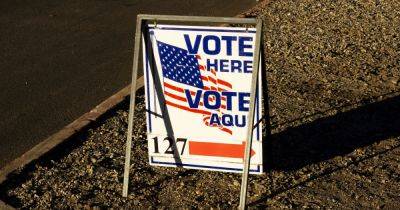Military Judge to Rule on C.I.A. Torture Program in Sept. 11 Case
A defense lawyer asked a military judge on Monday to dismiss the Sept. 11 conspiracy charges against a Saudi prisoner who was tortured in C.I.A. custody, describing the secret overseas prison network where the man was held as part of a “vast criminal international enterprise” that trafficked in torture.
Defense lawyers in the case have said for years that the case should be dismissed based on a rarely successful legal doctrine involving “outrageous government conduct.”
On Monday, Walter Ruiz became the first defender to present the argument to a military judge on behalf of Mustafa al-Hawsawi, who is accused of helping the Sept. 11 hijackers with money transfers and travel arrangements.
The interrogation and detention program as carried out on his client so “shocks the conscience,” he said, that Mr. Hawsawi should be dropped from the conspiracy case.
In a nearly daylong presentation, Mr. Ruiz used government documents to argue that the prisoner was sexually assaulted in his first month of detention, waterboarded by C.I.A. interrogators without permission, deprived of sleep and kept isolated in darkened dungeonlike conditions starting in 2003.
In order to build their cases against former C.I.A. prisoners, prosecutors had so-called clean teams of federal agents reinterrogate the defendants at Guantánamo Bay in 2007, without using or threatening violence.







